The worst hacks of all time
Yahoo, LinkedIn, Facebook, here is a quick guide to some of the biggest data breaches in history
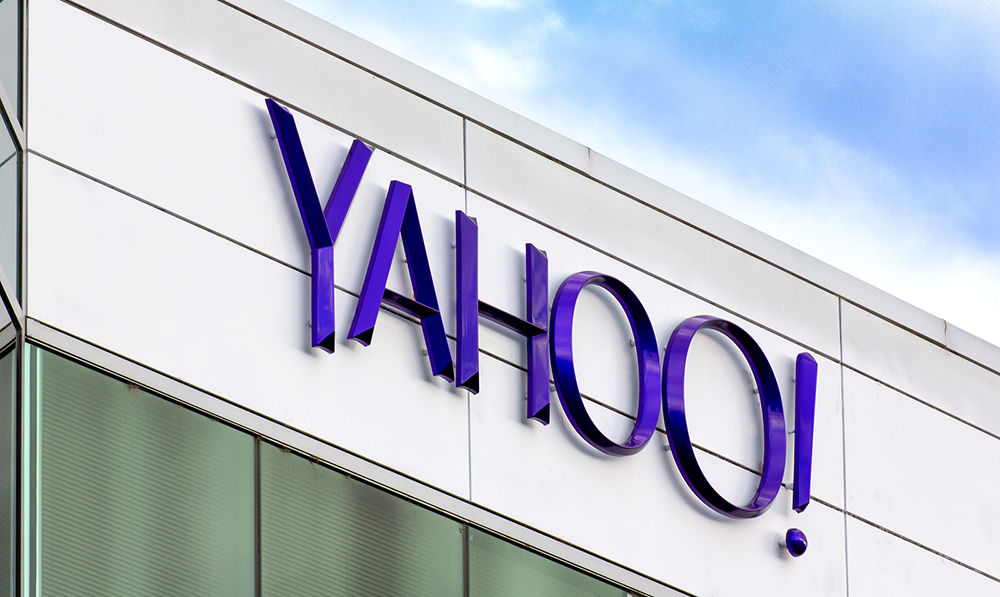

Data breaches have become all too common. Not a week goes by without news of some company or organization learning they cyber criminals have hacked them.
The breaches often compromise people's Social Security numbers, bank account numbers, email and physical addresses, credit cards, and other data. Such data theft leaves people open to issues such as identity theft.
Here are some of the worst hacks of all time.
1. Yahoo
Number of people affected: 3 billion
By far the worst hack of all time happened to Yahoo in 2013 when hackers compromised around 3 billion people’s data.
At the time, the figure was reported as just 500 million, still enough to make it the biggest hack in history. However, it would be another four years before Yahoo admitted the figure was closer to 3 billion.
The hacked data included names, email addresses, phone numbers, dates of birth, encrypted passwords, and unencrypted security questions.
Get the ITPro daily newsletter
Sign up today and you will receive a free copy of our Future Focus 2025 report - the leading guidance on AI, cybersecurity and other IT challenges as per 700+ senior executives
The person responsible for the hack was Karim Baratov. He was later given five years in prison and had to pay the victims restitution and $2.25 million in fines. For its part, Yahoo had to pay out $50 million in damages and offer free credit monitoring services to millions of its users.
2. Marriott
Number of people affected: 383 million
The Starwood group of hotels, which includes Sheraton, W Hotels, Westin, Le Meridien, Four Points by Sheraton, Aloft, and St. Regis, had been compromised sometime in 2014. This was before the Marriott Hotel group acquired it in 2016. It wasn’t until 2018 that Marriot found evidence of a breach through an internal investigation.
This meant for four years, the company had been the victim of a hacking campaign on Starwood’s reservation system. Cyber criminals exploited an unpatched vulnerability to hack the system.
While it was initially thought the hack affected 500 million people, this final number was 383 million. The hackers stole names, addresses, phone numbers, credit card information, email addresses, and unencrypted passport numbers.
The UK’s Information Commissioner’s Office (ICO) fined the Marriott chain £99 million ($135.95 million). The ICO said that Marriott ``failed to undertake sufficient due diligence" during the acquisition and missed the vulnerability as a result.
3. Facebook
Number of people affected: 533 million
RELATED RESOURCE

HP Wolf Security: Threat insights report
Equipping security teams with the knowledge to combat emerging threats
In April 2021, a hacker published 533 million users’ details on a low-level hacking forum. The data contained phone numbers, Facebook IDs, full names, previous locations, birth dates, relationship status, and biographies. It also includes some of their email addresses.
Facebook said the issue stemmed from a vulnerability it patched in 2019, so technically, the data was scraped from the website.
Alon Gal, chief technology officer of cyber crime intelligence company Hudson Rock, said in a tweet the data would still be of interest to cyber criminals.
4. LinkedIn
Number of people affected: 500 million
The scraped data of over 500 million LinkedIn profiles was put up for sale on a popular hacker forum in April 2021. The The hacker had already leaked two million records as proof of the existence of the much larger data treasure trove, according to reports by Cybernews.
The data included LinkedIn IDs, full names, email addresses, phone numbers, genders, links to LinkedIn profiles, and professional titles.
A spokesperson for LinkedIn said the posted data appeared to “include publicly viewable information that was scraped from LinkedIn combined with data aggregated from other websites or companies.”
5. Equifax
Number of people affected: 143 million
In 2017, Equifax disclosed personal information of more than 145 million people was compromised. While the breach was big, what stood out was the quality of the data hackers harvested.
In addition to full names, dates of birth, and addresses, some victims also had drivers' license numbers, credit card information, and Social Security numbers stolen.
Rene Millman is a freelance writer and broadcaster who covers cybersecurity, AI, IoT, and the cloud. He also works as a contributing analyst at GigaOm and has previously worked as an analyst for Gartner covering the infrastructure market. He has made numerous television appearances to give his views and expertise on technology trends and companies that affect and shape our lives. You can follow Rene Millman on Twitter.
-
 Bigger salaries, more burnout: Is the CISO role in crisis?
Bigger salaries, more burnout: Is the CISO role in crisis?In-depth CISOs are more stressed than ever before – but why is this and what can be done?
By Kate O'Flaherty Published
-
 Cheap cyber crime kits can be bought on the dark web for less than $25
Cheap cyber crime kits can be bought on the dark web for less than $25News Research from NordVPN shows phishing kits are now widely available on the dark web and via messaging apps like Telegram, and are often selling for less than $25.
By Emma Woollacott Published
-
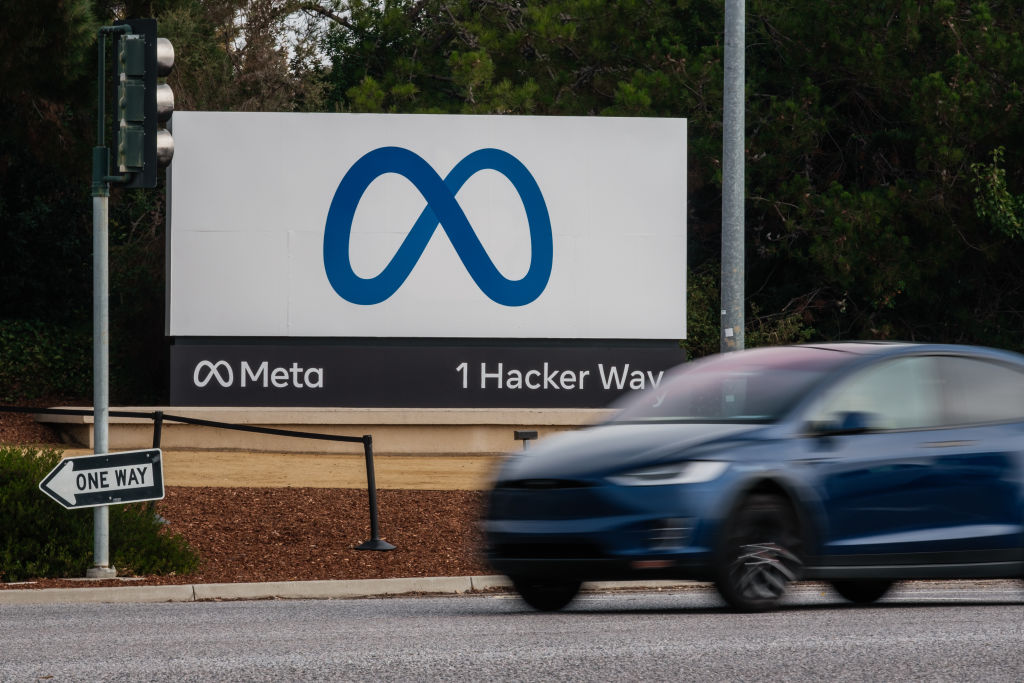 Latest Meta GDPR fine brings 12-month total to more than €1 billion
Latest Meta GDPR fine brings 12-month total to more than €1 billionNews Meta was issued with two hefty GDPR fines for “forcing” users to consent to data processing
By Ross Kelly Published
-
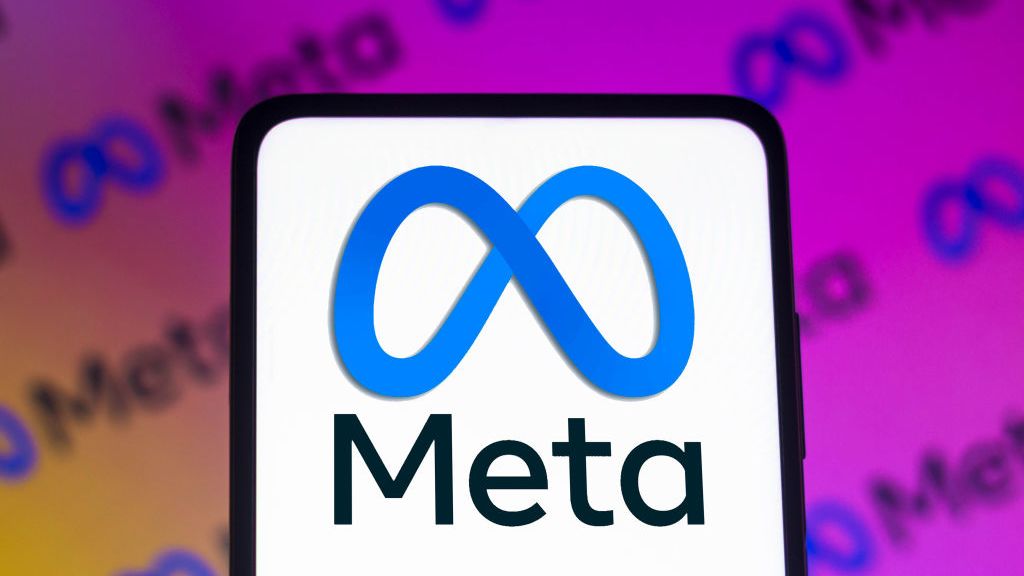 "Unacceptable" data scraping lands Meta a £228m data protection fine
"Unacceptable" data scraping lands Meta a £228m data protection fineNews The much-awaited decision follows the scraping of half a billion users' data and received unanimous approval from EU regulators
By Rory Bathgate Published
-
 Meta notifies around 1 million Facebook users of potential compromise through malicious apps
Meta notifies around 1 million Facebook users of potential compromise through malicious appsNews The vast majority of apps targeting iOS users appeared to be genuine apps for managing business functions such as advertising and analytics
By Connor Jones Published
-
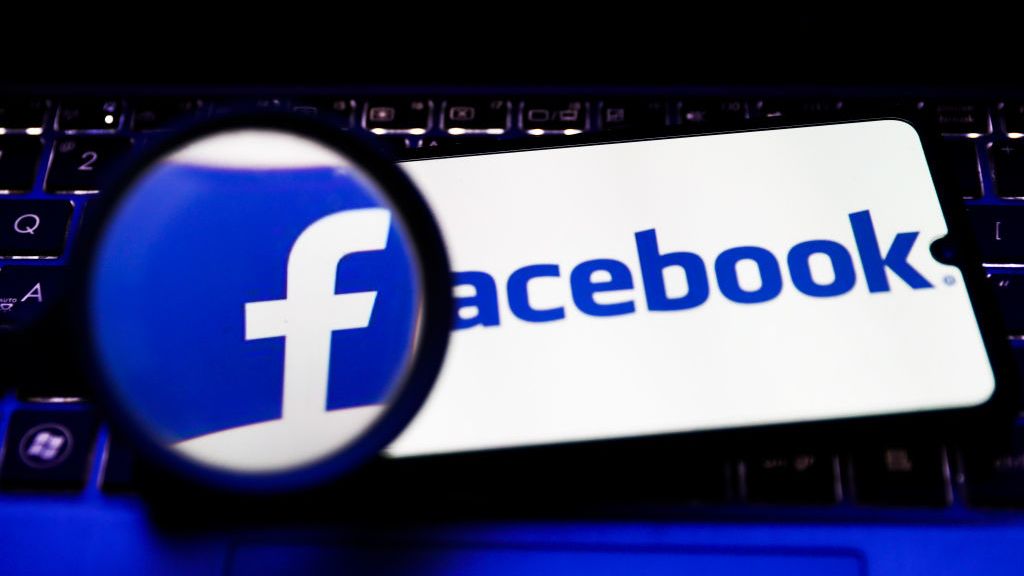 Facebook business accounts hijacked by infostealer malware campaign
Facebook business accounts hijacked by infostealer malware campaignNews Threat actors are using LinkedIn phishing to seize business, ad accounts for financial gain
By Rory Bathgate Published
-
 Meta begins encrypting Facebook URLs, nullifying tracking countermeasures
Meta begins encrypting Facebook URLs, nullifying tracking countermeasuresNews The move has made URL stripping impossible but will improve analytics
By Rory Bathgate Published
-
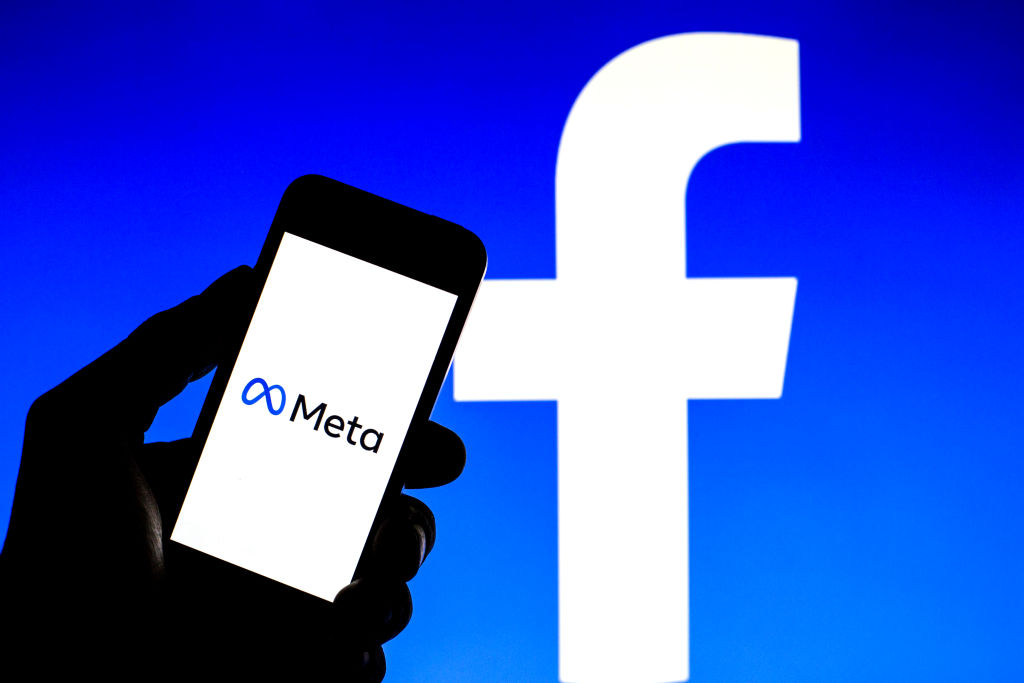 Meta hit with €17 million fine over multiple GDPR breaches
Meta hit with €17 million fine over multiple GDPR breachesNews The social media giant set aside over €1 billion in November to help it cope with potential fines arising from data protection investigations
By Zach Marzouk Published
-
 Meta says Apple's iOS privacy changes will cost it $10 billion in 2022
Meta says Apple's iOS privacy changes will cost it $10 billion in 2022News The company's CFO suggests Google "faces a different set of restrictions" because it pays Apple to remain the default iOS search engine
By Bobby Hellard Published
-
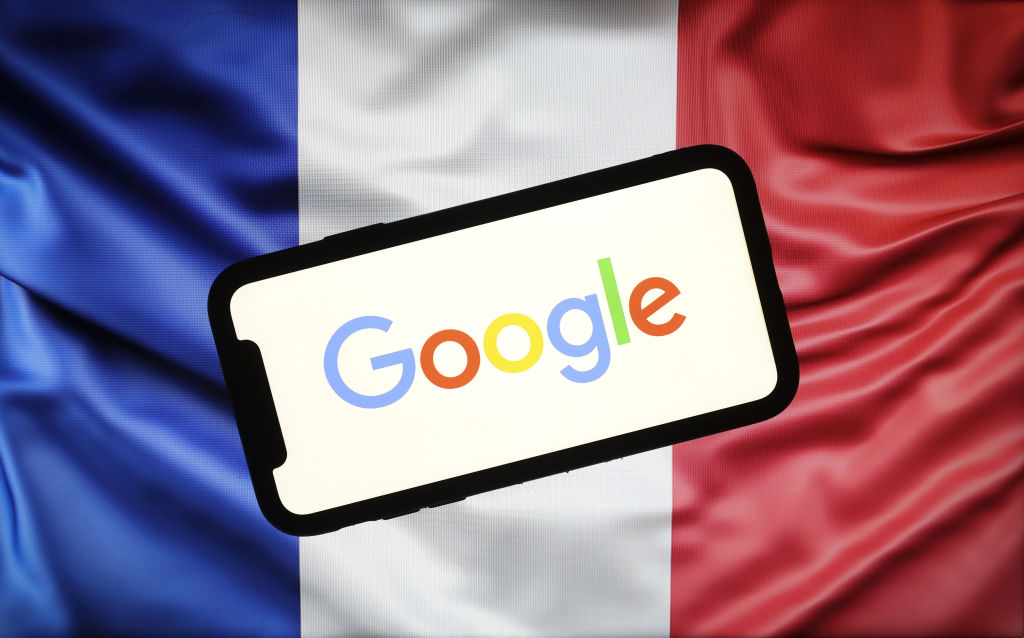 Google, Facebook fined €210 million for making it difficult for users to reject cookies
Google, Facebook fined €210 million for making it difficult for users to reject cookiesNews Data regulator CNIL gives companies three months to provide a system for refusing cookies that is as easy as single click consent
By Zach Marzouk Published